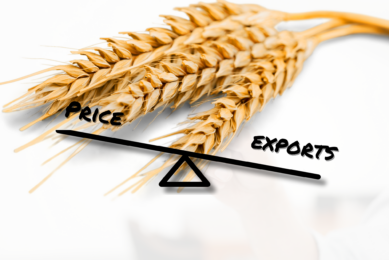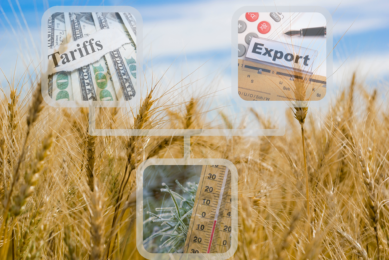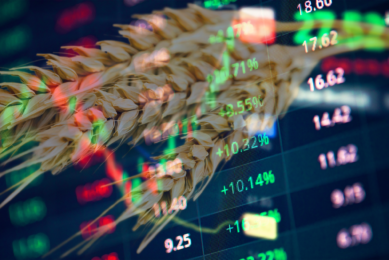Soaring feed prices fuels Moroccan food inflation
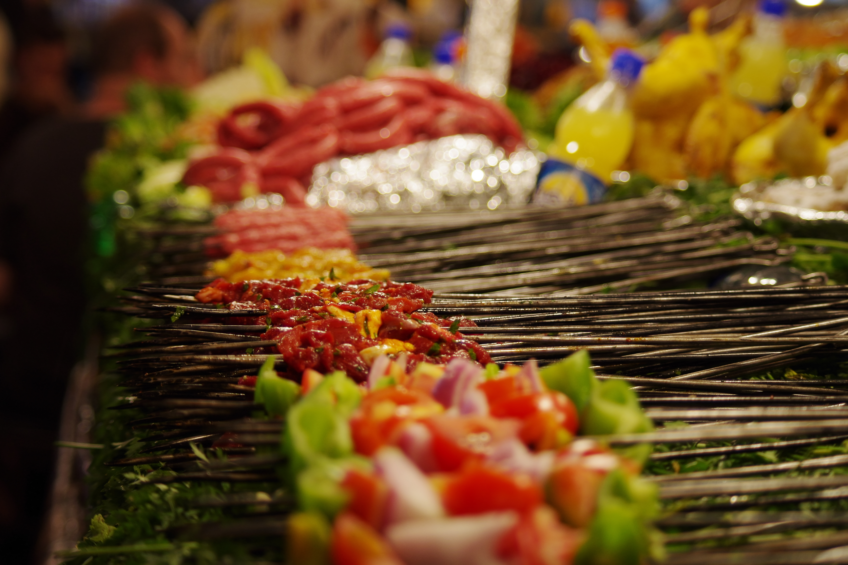
The average chicken price in Morocco has soared to a record high, sparking concern among citizens who now have to meticulously plan their budgets, Al Ahdath Al Maghribia, a local daily newspaper has recently reported. Farmers attribute this surge to the skyrocketing feed prices, cautioning that the price hike is far from over.
Consumer concerns for food
In Morocco, chicken prices have risen by 3 dirhams per kg to 25 dirhams ($2.55) over the past few months, nearing the all-time high for the local market. In light of this, the publication has warned that an increasing number of households are now worried about their regular food consumption, as the population’s purchasing power remains constrained.
Rising feed prices are the key to the dynamics. Professional Federation of the Poultry Sector commented the upward trend should not surprise customers, as it is a direct consequence of the rise in feedstuff prices on the global market exacerbated by difficulties in global logistics, specifically the ongoing Red Sea crisis.
Uncertain future
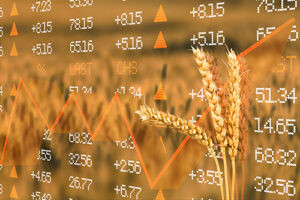
This sentiment was echoed by the Moroccan Association of Poultry Breeders, whose representative told the publication that rising feedstuff prices, particularly evident in the past few months, “drain poultry farmers in the country of their financial resources”, making the industry’s future uncertain.
The Association of Poultry Breeders estimated that Morocco manufactures around 600,000 tonnes of poultry meat per year, including 500,000 tonnes of broiler meat and 100,000 tonnes of turkey meat.
Beyond control: Dependent on corn & soybean imports
Poultry farmers stressed that the price situation is “beyond their control,” as Morocco tightly depends on imports of corn, soybeans, and sunflower oil, which constitute 80% of poultry farms’ production costs.
The average production costs of broiler meat in the country have recently reached 18 dirhams ($1.84) per kg, noticeably higher than the previous year, the Association of Poultry Breeders admitted. The figure has been constantly rising during the last 12 months, and there is no sign yet indicating that the trend could reverse soon.
Impact of the drought
This is not the first time the issue of high feed prices has come to the fore in Morocco. In May 2024, Mohamed Sadiki, the Agricultural Minister, cited rising feed costs as the key reason for a 20% jump in beef prices in retail. He estimated that since the beginning of the year, the price of imported feed had climbed by 15%, while the price of locally manufactured feedstuff had shot up by 30%.
The latter trend is primarily attributed to the persistent drought that has wreaked havoc on the Moroccan livestock industry over the last 3 years.




